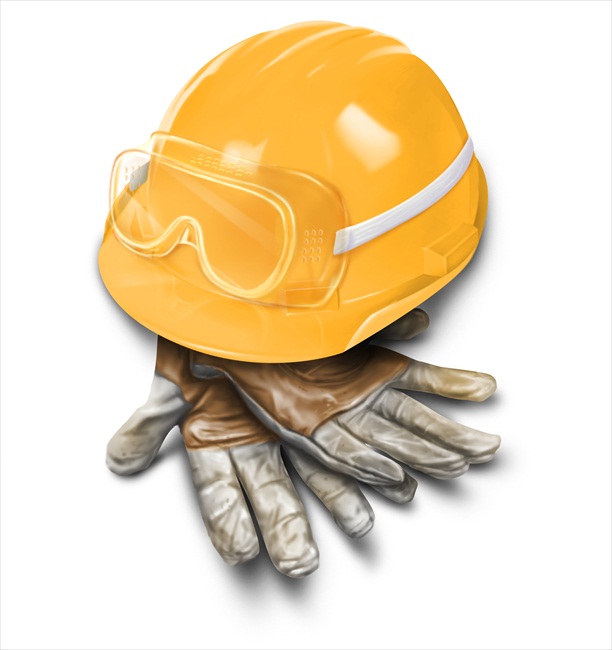
As lower oil and gas prices deeply affects oil and gas companies across the globe, the industry faces a significant test in managing safe and reliable operations. About 6 years ago, approximately 41 miles off the southeast coast of Louisiana, disaster struck abroad the drilling rig, Deepwater Horizon. The disaster cost 11 lives, $54 billion dollars in compensation and cleanup cost, and affected 5 different states in the US along the Gulf of Mexico. The damning congressional and BP investigation reports points to poor equipments, lack of testing, and indecisive management. What the reports failed to mention was the fact that the rig, incurring almost 1 million a day in operating costs, was 43 days behind schedule and anyone who has worked on the fields know it means safety and reliability is often the lowest priority.
- Budgetary constraints on any project heightens the level of pressure on oil and gas companies and their contractors to meet cost obligations above anything else. As low oil prices diminishes profit from each barrel of oil produced, oil companies try to reduce expenditure on their balance sheet by cutting capital expenditure or CAPEX. Drilling new wells or building new infrastructures are often postponed and existing projects are rushed to be completed to avoid expensive delays.
- Project management teams are faced with increased pressure to accept inferior quality products or poor workmanship in return for meeting scheduled deadlines and to comply with cost cutting measures. Since most manpower and equipment are provided by various contractors, a delay from one contractor might significantly affect the others and cost of completion systematically increases across the supply chain. Like in the Macondo Well with the Deepwater Horizon, the mix of risks from these various factors, if unmitigated, often lead to deadly accidents.
- Accidents also tend to rise in workplaces as workers become lax or the pressure of completing the work weighs heavier than performing the job more safely. Often safety officers recommendations are ignored during crucial stages of the project as operations takes precedence over potential stop-work issues which might slow progress. In most cases on the field, issues go unreported due to the possible loss of reputation or bonuses, simply to comply with major safety landmarks like the 'zero loss-time injury’.
- In the oil and gas industry, when oil prices are high, profit outweighs the risk but when oil prices are low, risk is a necessity for profit. The oil and gas industry has significant amounts of aging and decaying assets. Reports written during the boom years of oil highlighted significant cost increases in the MRO (Maintenance, Repair, and Overhaul) industry. With oil prices now significantly lower, most oil companies will not be able afford expensive maintenance or repair bills that might arise from aging assets.
- As oil companies delay maintenance activities and inspection to spread cost, contractors take on huge risks usually on their personnel's life to perform potential hazardous and deadly repairs. Just within the last 3 years, the US and Canada reported an almost 50% increase in significant pipeline incidents. An example was in 2014, when one worker was killed and 2 injured during maintenance on an offshore gas pipeline operated by Chevron Pipeline Corporation.
- Assets are often used to breaking point before being replaced in order to maximize return on investment and oil and gas companies normally believe built in safety designs will work according to plan. In most cases these devices need proper periodic maintenance and are overlooked simply because they are never used. Hence in most cases the backup devices themselves might fail in the event of a systematic failure, a point notably highlighted from the deepwater horizon incident.
Oil and gas companies are now facing significant challenges in managing safety and operational risks in their businesses as most of their operations are running on a loss due to lower oil and gas prices. The industry has never been a paragon for safety, and as the oil glut looks set to extend in the near future, it is looking unlikely that the industry will have the impetus to increase tolerance for better safety practices.
Petrobids is a free tool that connects oil and gas service providers and operators. Read more about us here:


